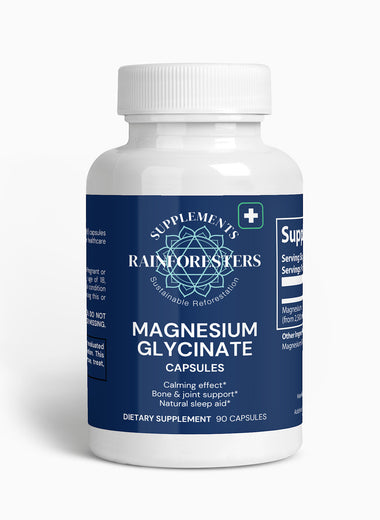Research suggests that certain dietary supplement ingredients might improve immune response and reduce symptoms of some respiratory illnesses, like the common cold and flu. Popular supplement ingredients that are thought to support immune health include vitamin C, vitamin D, zinc, elderberry, echinacea, and probiotics.
Can vitamin C, vitamin D, zinc, and melatonin help fight viruses?
Studies have shown that vitamin C, vitamin D, zinc, and melatonin play important roles in supporting the immune system. Vitamin C is known for its antioxidant properties and its ability to boost the production of white blood cells, which help fight infections. Vitamin D helps regulate the immune response and reduce inflammation. Zinc is essential for immune cell function and has been shown to reduce the duration of colds. Melatonin, while primarily known for its role in sleep regulation, also has antioxidant and anti-inflammatory effects that may support immune health.
How might supplements help prevent or treat COVID-19?
While no supplement can prevent or cure COVID-19, maintaining a healthy immune system is crucial for overall health. Some studies suggest that certain supplements, like vitamin C, vitamin D, and zinc, may help support immune function and reduce the severity of respiratory infections. However, it is important to note that these supplements should not be used as a substitute for medical treatment or prevention measures recommended by healthcare professionals.
What do we know about specific dietary supplement ingredients and COVID-19?
Research on the specific effects of dietary supplements on COVID-19 is ongoing. While some studies have shown potential benefits of certain supplements in supporting immune health, more research is needed to determine their effectiveness in preventing or treating the virus. It is important to consult with a healthcare provider before starting any new supplement regimen, especially in the context of COVID-19.





